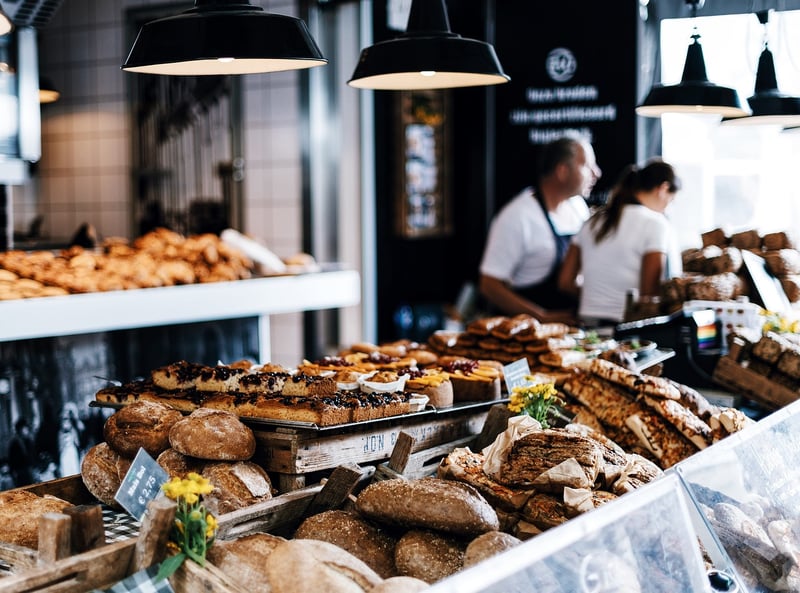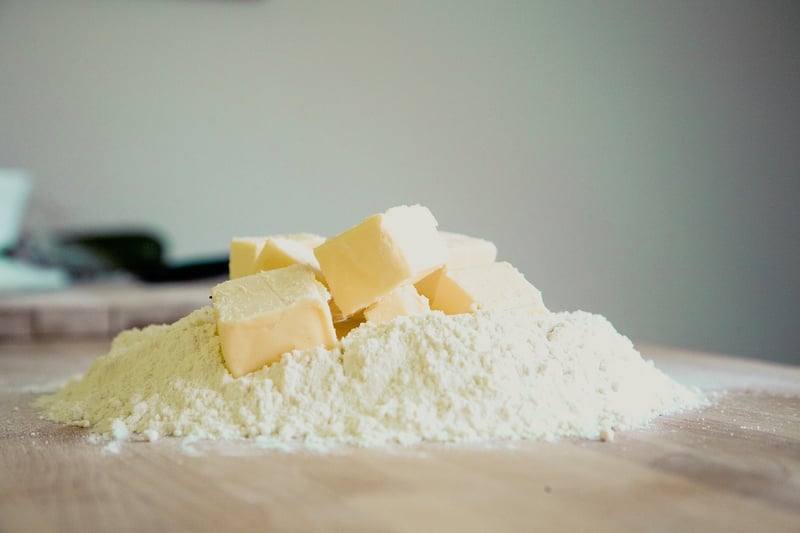Baking methods
Master Culinary Skills: Baking Methods
Welcome to the world of baking! Whether you're a beginner looking to hone your baking skills or a seasoned baker aiming to perfect your techniques, understanding different baking methods is essential to creating delicious treats. In this article, we'll explore various baking methods that will help you elevate your baking game to the next level.
1. Creaming Method
The creaming method is a classic technique used in baking cakes, cookies, and more. It involves beating sugar and fat together to incorporate air, creating a light and fluffy texture in the final product. To master this method, ensure your butter is at room temperature for optimal results.
2. Folding Method
The folding method is often used when incorporating delicate ingredients like whipped cream or beaten egg whites into a batter without deflating them. Use a gentle folding motion to mix the ingredients until just combined, maintaining the airiness of the mixture.
3. Biscuit Method
The biscuit method is commonly used for making scones, biscuits, and pie crusts. It involves cutting cold fat into dry ingredients until the mixture resembles coarse crumbs, followed by adding liquid to bring the dough together. Be careful not to overmix the dough to achieve a tender result.
4. Muffin Method
The muffin method is ideal for quick bread, muffins, and pancakes. It requires mixing the dry ingredients separately from the wet ingredients before combining them with minimal stirring. This method helps prevent gluten formation, resulting in a tender crumb.
5. Sponge Method
The sponge method is used for making light and airy cakes like genoise or angel food cake. It involves whipping eggs with sugar until thick and voluminous, creating a stable foam that provides structure to the baked goods. Careful folding of flour and other ingredients is crucial to maintaining the airiness.
6. Pastry Cream Method
The pastry cream method is essential for creating luxurious custards and pastry creams. It involves tempering hot milk into beaten eggs and sugar, followed by cooking the mixture to achieve the desired consistency. Straining the mixture ensures a smooth texture free of any lumps.
7. Bread Baking Method
Bread baking is a science of its own, requiring techniques like autolyse, kneading, proofing, and shaping. Understanding the fermentation process, gluten development, and proper oven techniques is key to baking a perfect loaf of bread with a crisp crust and soft interior.
Conclusion
By familiarizing yourself with these essential baking methods, you'll be well-equipped to tackle a wide range of recipes and create delectable baked goods with confidence. Practice makes perfect, so don't be afraid to experiment and refine your skills in the kitchen. Happy baking!

For more baking tips and inspiration, check out Food Network's Baking Guide.
